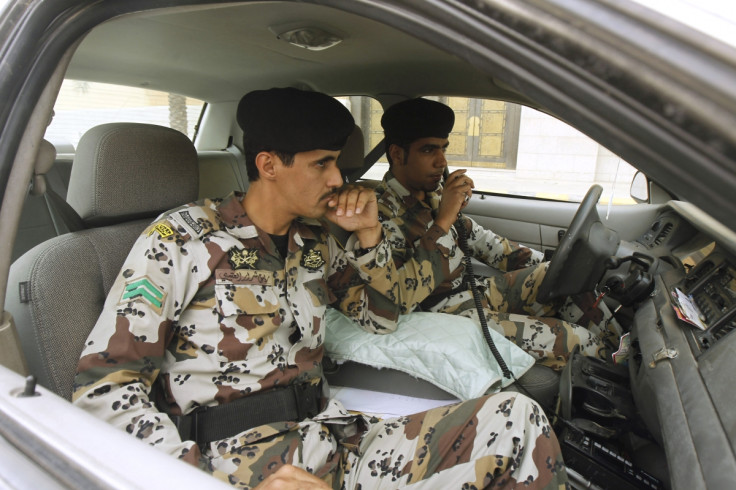Saudi Arabia clips religious police's powers and orders them to be 'gentle and humane'

The ultra-conservative kingdom of Saudi Arabia has reined in its religious police, stripping their arresting powers and ordering them to be "gentle and humane" while imposing the Islamic code. The much-feared morality police's powers were clipped in an unexpected move by Riyadh under a new structure put in place.
The duty of the religious force, formally known as Commission for the Promotion of Virtue and Prevention of Vice, will henceforth be limited to promoting Islamic values. Also, they are not allowed to demand even identification documents from the public.
The Saudi cabinet has also instructed Mutawas, the Islamic police, that arresting powers only rest with police or drug enforcement authorities. Saudi Arabia has about 5,000 such officers, who are also called Haia.
Mutawas, till now, were empowered to intervene in cases involving "mingling between the sexes" or if women were not dressed according to Islamic convention. The forces are as frequently feared as they are ridiculed for their excessive force. The members of the force also patrol during the Islamic prayer times to ensure that all the shops across the kingdom are shut.
The newly announced cabinet decision reads: "Neither the heads nor members of the Haia are to stop or arrest or chase people or ask for their IDs or follow them — that is considered the jurisdiction of the police or the drug unit."
Equipped with immense powers, Mutawas often come under sharp criticism for imposing an ultra-conservative version of Sunni Islam. If a man and a woman are seen driving together or at a public place, they are often asked to prove their identities and relationship.
In February, a video footage emerged showing a girl being beaten up after having a stand-off with the members of the Mutawas. The girl, along with her friend, was thrashed after she resisted wearing a veil.
© Copyright IBTimes 2025. All rights reserved.




















